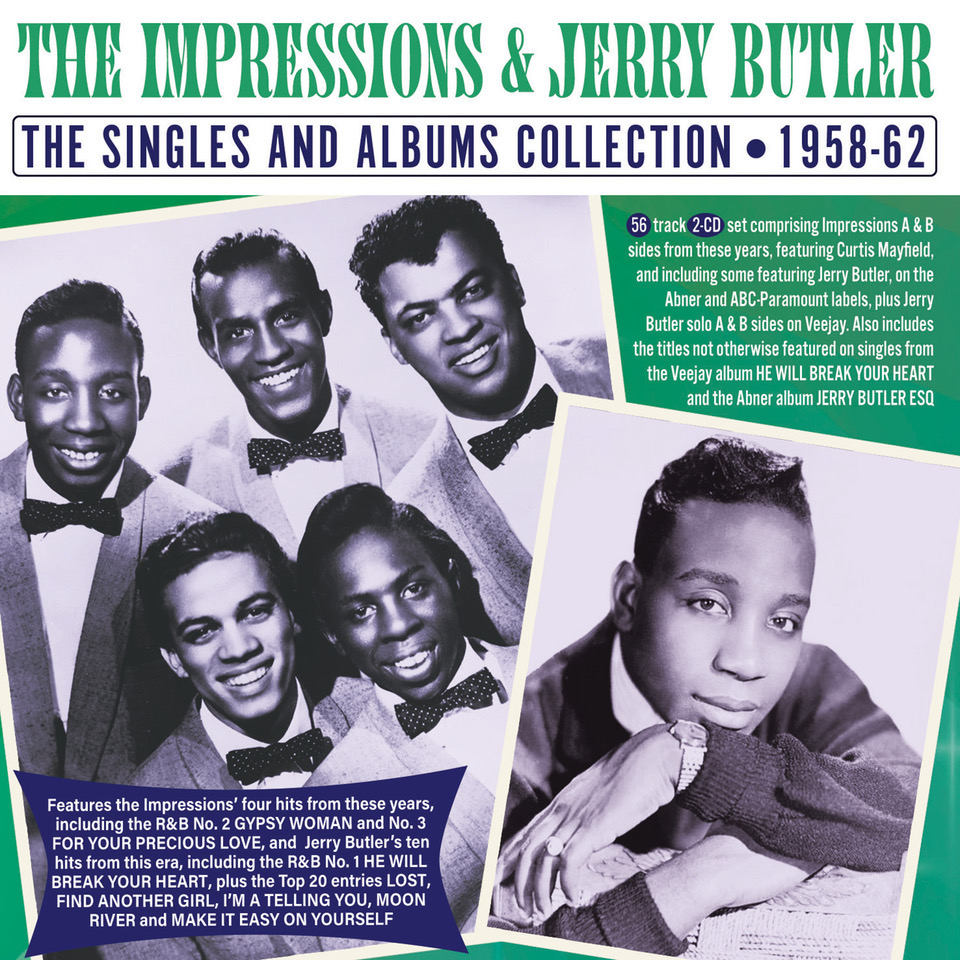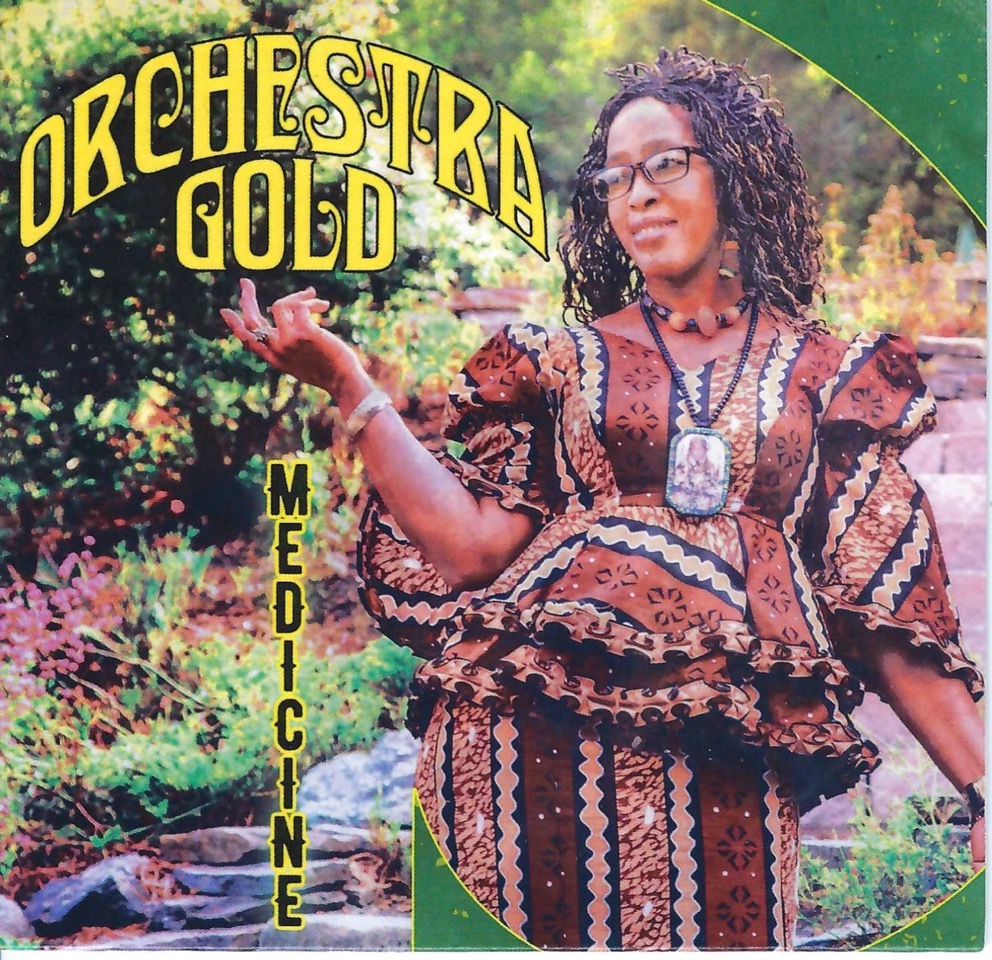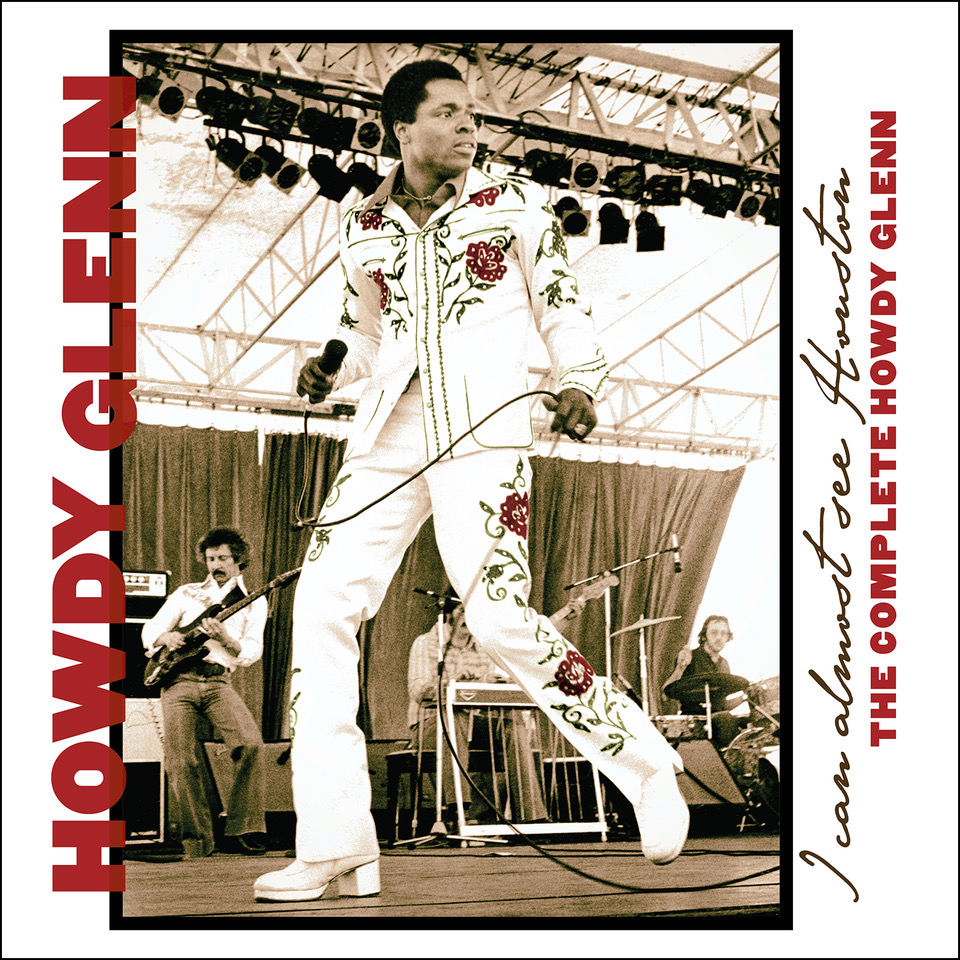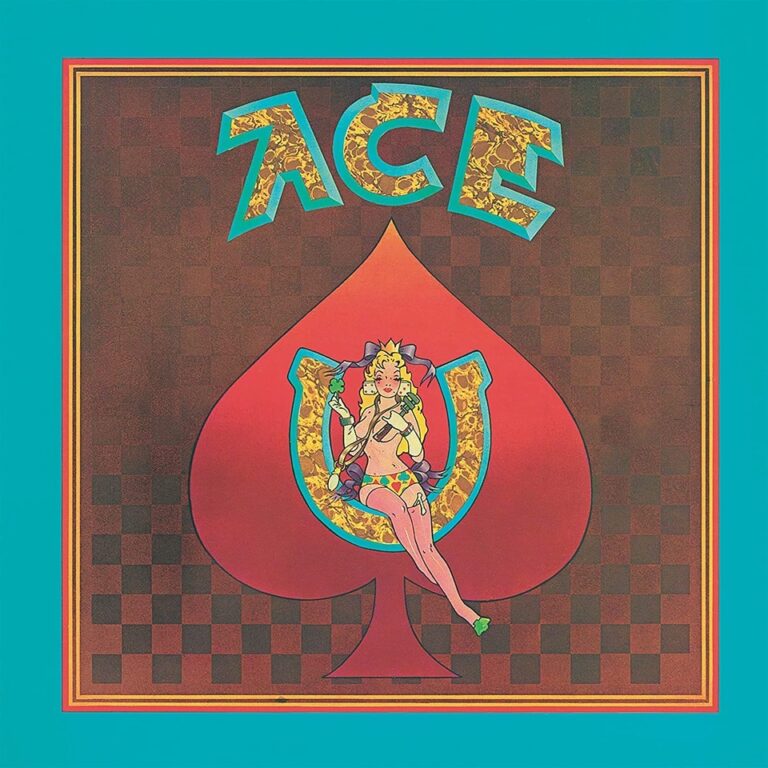‘Hey, That Sounds Like a Dead Album’
Though Bob Weir’s name is on the cover, 1972’s Ace sounds like a Grateful Dead album because… well, that’s what it is. True, Weir provided all the lead vocals for the record, which was ostensibly his solo debut; and he wrote or co-wrote all the songs (including two with Dead lyricist Robert Hunter and five with his old pal John Barlow, with whom he subsequently often collaborated). But aside from the ailing Ron “Pigpen” McKernan, all of Weir’s Dead bandmates are here: Jerry Garcia on lead guitar, plus a little pedal steel and backup vocal; Keith Godchaux on keyboards; Bill Kreutzmann on drums and percussion; Phil Lesh on bass; and Donna Godchaux with backup vocals. And all of them are credited as producers. Moreover, most of these numbers became Dead concert staples. Even before Ace appeared, in fact, a few were in its setlists and two had already been recorded by the group.
Ace, then, is best thought of as the band’s follow-up to 1970’s Workingman’s Dead and American Beauty, its then-most-recent studio albums. And a worthy successor it is. Ace is loaded with solid material and spirited performances, including the rollicking “Playing in the Band” and “One More Saturday Night,” the bouncy, horn-spiced “Mexicali Blues,” and “Greatest Story Ever Told,” an updated Biblical tale that would make a good companion piece to Bob Dylan’s “Highway 61 Revisited.”
A 50th anniversary edition of Ace offers more reasons to add this to your collection. The original LP has been remixed and remastered, and it is augmented here by a bonus disc with a concert performance of all its tracks in their original order. The live recording, made at New York’s Radio City Music Hall last April, features Weir and his band the Wolfpack, an expanded version of the Wolf Bros, a group he formed in 2018, that incorporates string, woodwind, and brass instruments. There are also two next-generation guest artists on the live disc: country singer/songwriter Brittney Spencer, who duets with Weir on “Walk in the Sunshine” and the melancholy “Looks Like Rain”; and Tyler Childers, who joins in on “Greatest Story Ever Told.”
Weir has been honing these songs with and without the Dead for half a century, as you can tell from listening to these live versions, most of which outshine the originals. (They outlast them, too: at a little over an hour, the concert is more than 50 percent longer than the studio one.) Weir turned 75 in October but as his high-energy Radio City performance and packed current tour schedule suggest, he’s still always ready for one more Saturday night.

Early Gems from Jerry Butler
Bruce Springsteen’s recent collection of R&B and soul covers, Only the Strong Survive, includes two numbers from Chicago’s now 83-year-old Jerry Butler, the title cut and “Hey Western Union Man.” Discussing the album in a recent Rolling Stone interview, Springsteen said, “I got into Jerry Butler over the past six months in a way I never had before. I realized what a great singer and stylist he was.”
Indeed. Butler garnered the nickname “The Ice Man” because his vocals are so smooth and polished, but the label is misleading. His singing can also be effusive and warm. For evidence of just how powerful his vocal work can be, you can turn to a new 56-track, two-CD set called The Impressions & Jerry Butler: The Singles and Albums Collection 1958–62, which comes with an informative 16-page booklet. The anthology – which boasts decent sound quality but could have benefited from remastering – features Butler’s recordings with the pioneering Impressions as well as a generous sampling of his early solo work. (Also here are some post-Butler-era tracks such as “Gypsy Woman” that showcase the Impressions’ other rising star, singer/songwriter Curtis Mayfield.)
This is by no means a definitive Butler collection: he continued to have hits for years after the period embraced by this anthology, including the two numbers that Springsteen covered. Nevertheless, you’ll find superlative doo-wop- and gospel-influenced performances throughout this set, including such Top 20 singles as “For Your Precious Love” (1958) and “He Will Break Your Heart” (1960), both of which Butler co-wrote; Henry Mancini and Johnny Mercer’s “Moon River” (1961); and Burt Bacharach and Hal David’s “Make It Easy on Yourself” (1962). Many of the non-hits, some of which feature vocals that seem redolent of Sam Cooke, are just as good as the familiar numbers.

African Music Mixes with Psychedelia
And now, as they used to say on Monty Python, for something completely different: Medicine, the third LP from Orchestra Gold, an ensemble that specializes in music it bills as “African psychedelic rock” (which served as the title of one of the group’s earlier albums).
The outfit features vocalist and percussionist Mariam Diakite, who hails from Mali and sings in her native tongue, and guitarist Erich Huffaker of Oakland, California, where the group is based. It also includes a bass player and two prominently employed saxophonists.
On Medicine, they deliver a hypnotic brew that draws heavily on African music but blends it seamlessly with American rock and funk, jazzy brass parts, and some wild guitar work. Though it’s only January, it’s probably not too soon to predict that this intoxicating album will wind up being a contender for the best world-music release of 2023.

Say Hello to Howdy Glenn
After listening to I Can Almost See Houston: The Complete Howdy Glenn, your first question may be, “Why haven’t I ever heard of this guy?”
The country singer, whose real name is Morris Glenn, did score a regional hit in 1975 with this album’s title track and, two years later, spent a few weeks on Billboard’s country chart with a cover of Willie Nelson’s “Touch Me.” He also received a nomination that same year from the Academy of Country Music for Top New Male Vocalist. He didn’t win, though, nor did he ever score any more hits. And by 1980, he had given up on the music business and refocused on his day job as a Los Angeles–area firefighter. “Today,” says co-producer Scott B. Bomar in his extensive liner notes, “virtually no one – even among diehard classic country fans – has ever heard of Howdy Glenn.”
Bomar speculates that the singer may have failed to catch on because he’s black, and it’s true that non-white artists have been a rarity in the country field, especially back in the seventies, so that may have been a factor. Charley Pride, however, was topping country charts all through that decade, so bad luck may be part of the explanation as well.
Be that as it may, Glenn’s recordings are just as good as those by Pride and many other successful country singers of the period. Hear for yourself with this collection, which as the title indicates includes everything Glenn ever recorded: both sides of his eight singles plus seven previously unreleased tracks. Highlights include the Ray Willis–penned title cut, Tom T. Hall’s “Old Dogs, Children, and Watermelon Wine,” and Merle Haggard’s “White Line Fever.” Glenn’s performances are thoroughly mainstream – you’d never call them innovative – but they’re also consistently impressive.
Jeff Burger’s website, byjeffburger.com, contains five decades’ worth of music reviews, interviews, and commentary. His books include Dylan on Dylan: Interviews and Encounters, Lennon on Lennon: Conversations with John Lennon, Leonard Cohen on Leonard Cohen: Interviews and Encounters, and Springsteen on Springsteen: Interviews, Speeches, and Encounters.



